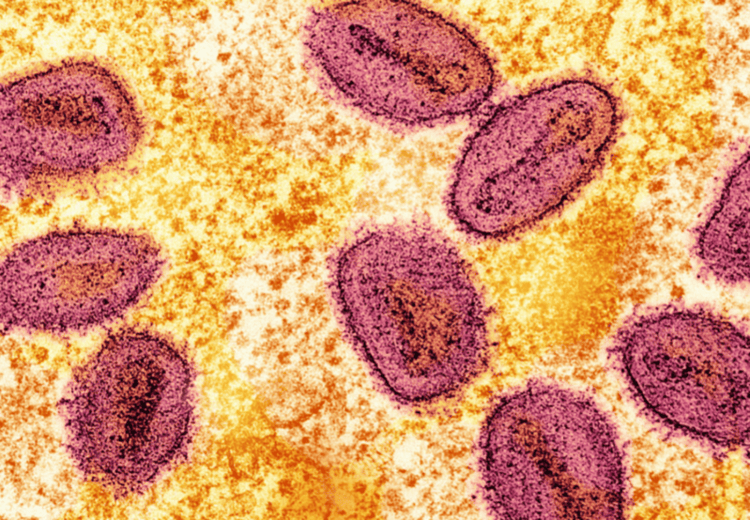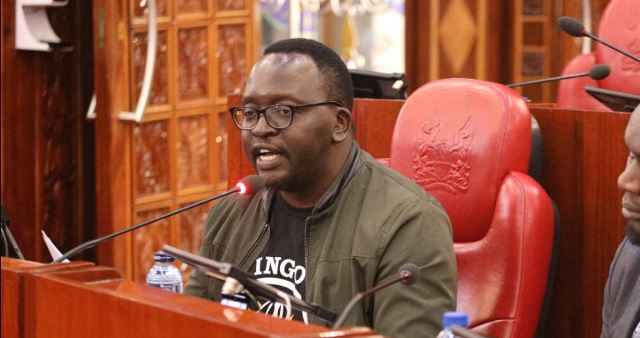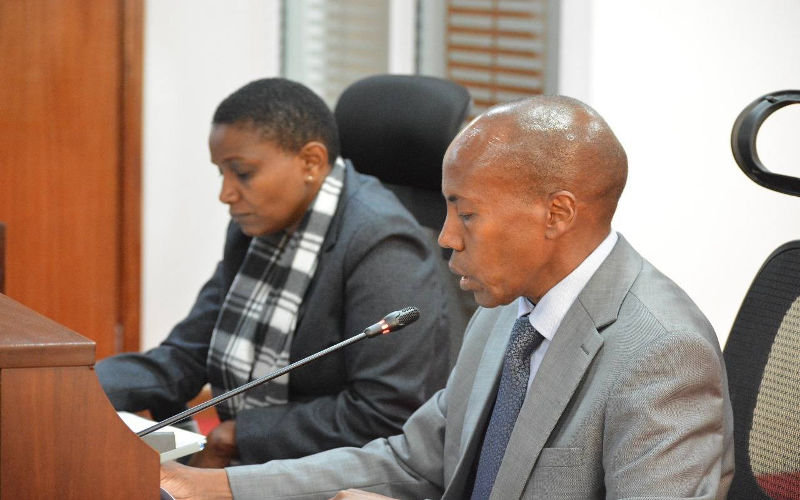Stopping mpox: wild meat markets are a root cause and must be made safer

Moral incentives could stem from the pride in ensuring that bushmeat is handled and sold in a way that reduces health risks.
In many countries around the world, wild animals are sometimes killed for food, including monkeys, rats and squirrels.
Wild meat makes significant contributions to nutrition in Africa and to satisfying food preferences in Asia.
More To Read
- 314 mpox cases confirmed as MoH ramps up containment across 22 counties
- Mombasa leads Kenya’s mpox outbreak as MoH, WHO step up response
- How misinformation is hampering Kenya's fight against infectious diseases
- Mpox spreads to 20 counties in Kenya, alarming increase in cases reported
- Four bodies found in Mombasa, sparking probe into their 'sudden deaths'
- Vaccine hesitancy: Inside Kenya’s push against measles, rubella and typhoid
In Africa, the annual harvest of wild meat, estimated at between 1 million and 5 million metric tonnes, is substantial compared to the continent’s livestock production of about 14 million metric tonnes per year.
Public health researchers have long highlighted unhygienic wild meat practices as potentially harmful due to the risk of pathogens jumping from animals to humans, especially through close contact during hunting, processing or consuming undercooked meat.
This concern was particularly pronounced during the 2014 Ebola outbreak in the Democratic Republic of Congo. Ebola is known to jump from animals to humans, who are likely infected either by touching or consuming sick or dead infected forest animals, such as fruit bats.
Mpox is another zoonotic disease that is known to jump from animals to humans. More than 1,100 people have died of mpox in Africa, where some 48,000 cases have been recorded since January 2024 in 19 countries.
Strategies to beat the 2024 mpox outbreak have so far largely focused on preventing human-to-human transmission.
But we also need to go back to the root causes of disease, particularly where mpox is transmitted from animals to humans.
Applying lessons from food safety is key to solving this urgent public health concern.
‘Wet’ markets
Wild meat is often sold alongside other fresh foods in informal markets, also known as “wet” markets. These markets typically operate with little regulation and hygiene standards, which increases the risk of diseases.
We are public health researchers specialising in testing and evaluating solutions to zoonoses (when humans are infected with a disease by wild animals), antimicrobial resistance (when antibiotics are no longer effective) and food safety.
In a new paper, together with colleagues at CGIAR, a global partnership to address challenges of food systems, we look at promising solutions to address risks from wild meat.
Key to this is a One Health approach. One Health brings together public health experts, veterinarians, wildlife specialists and community leaders to develop comprehensive measures.
Three-legged stool
Our research has shown that food safety in hard-to-reach markets can be improved if, and only if, three key areas are addressed:
Capacity building: Capacity-building provides training and simple technologies to workers in food chains and consumers.
Food safety efforts in informal markets have traditionally focused on encouraging local communities to adopt safer practices.
Understanding how people see disease risk and what influences these perceptions is key.
In the Democratic Republic of Congo, for example, there was distrust of formal institutions and a rejection of government health messages linking Ebola to bushmeat.
In communities where people already recognise the risks associated with bushmeat, health messages could focus on practical, protective steps.
In places where scepticism exists, sharing evidence of health risks may be more successful.
Instead of pushing an anti-hunting agenda, a more helpful approach could involve providing ways to reduce the risk of disease transmission without completely discouraging hunting and consumption.
While this approach may not eliminate all risks, it is likely to be more effective than a campaign that fails to resonate with the community.
While having the right knowledge is important for encouraging change, there is also a need for incentives.
Motivation and incentives: Although food safety is a large concern for consumers worldwide, it often takes a back seat to affordability. For those who struggle to afford food, food safety is not a priority compared to cost.
Governments have frequently relied on bans and enforcement measures, including fines and inspections, as “negative incentives” for change.
The Nigerian government prohibited the sale of bushmeat as a precaution to stop the spread of mpox in June 2022.
However, these bans can have unintended consequences, such as driving bushmeat practices underground with worse hygiene practices.
Potentially more effective is to focus on economic, social, or moral gains.
Economic incentives might include describing the potential financial gains from attracting a larger customer base due to the credibility of safer meat.
Social incentives could involve earning the trust of community members.
Moral incentives could stem from the pride in ensuring that bushmeat is handled and sold in a way that reduces health risks.
Top Stories Today










































